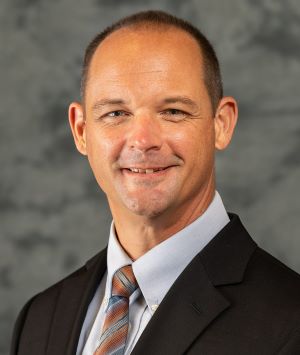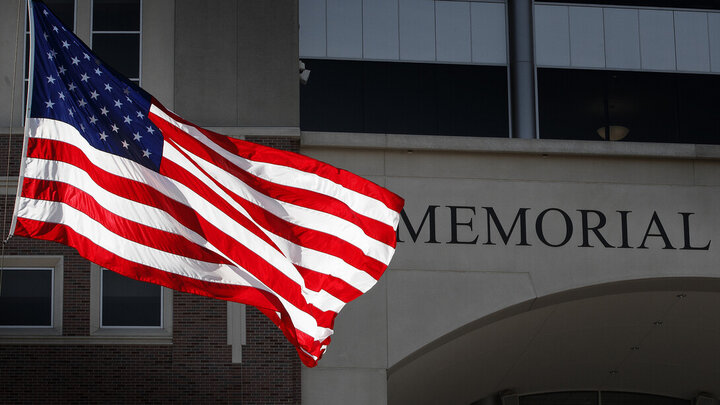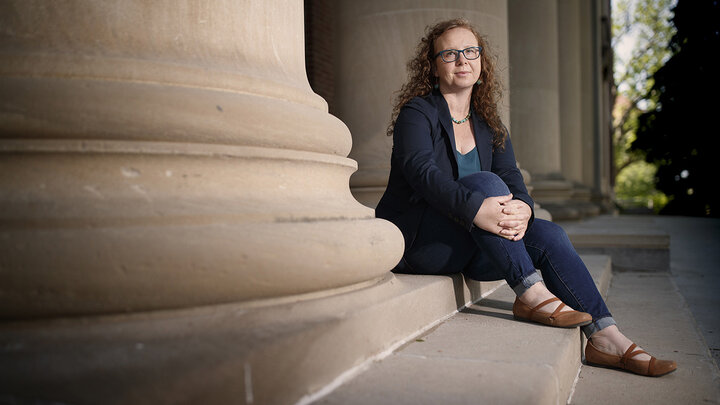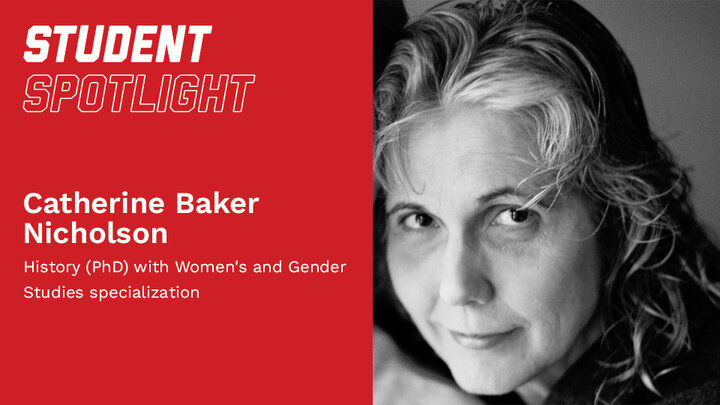As the nation observes Memorial Day, it pauses to remember and honor the service members who made the ultimate sacrifice for the country. For the University of Nebraska-Lincoln (UNL), it is also a moment to recognize the responsibility and privilege of supporting the Defense POW/MIA Accounting Agency’s (DPAA) sacred mission to account for Americans still missing from past conflicts and bring answers to the families of the fallen.
Through its partnership with DPAA, UNL supports meaningful, real-world research in areas such as history, digital humanities, and archival studies. A postdoctoral DPAA Partner Research Fellow is embedded at the university, spending their time digging into old maps, records, and reports to lay the research foundation that supports a wide range of DPAA operations, from initial case development to field mission planning.

I have been UNL’s Research Partner Fellow since 2024. My father was the crew chief of a B-52 bomber and he was lucky to come home. It is an honor to use the tools of our discipline to help provide answers to families of the fallen. I am currently researching air losses in the Pacific Theater during World War II and determining the last known locations for hundreds of missing service members.
This research informs detailed case summaries, searchable databases, and geospatial products. DPAA professionals then use our historical research to determine whether to recommend disinterment, archaeological digs, or other actions that could provide the fullest possible accounting for our fallen warriors. I think I speak for many when saying that every hour spent on this work is incredibly meaningful.
Over the past three years, UNL has played a key role in conducting oral histories on U.S. conflicts and postwar recovery efforts. Using recording, editing and other digital tools within the department, my previous DPAA fellows and I have worked to preserve the experiences of veterans and the institutional memory of DPAA and its predecessor organizations. These efforts not only advance the university’s academic mission but also contribute to the profound national commitment to honoring those who never returned home.
The history department has also developed a unique relationship with the university’s ROTC Program. Home of the National Society of Pershing Rifles, the program supports around 75 Army, Air Force, and Navy cadets. All cadets receive their required military history courses from the department’s faculty, including Professor Alexander Vazansky, an expert in postwar German-American relations and GIs in Germany. This connection reinforces a shared commitment to honoring military service and deepens awareness of the historical legacy behind DPAA’s mission to account for the nation’s missing service members.
James Le Sueur, the Samuel Clark Waugh Distinguished Professor of International Relations and Chair of the department, serves as principal investigator for the DPAA program. Reflecting on the UNL-DPAA partnership, he said: “For several years, I’ve had the privilege of working with the DPAA program and overseeing our postdoctoral research fellow. It’s a superb network of scholars working worldwide on concrete historical questions to find and return those lost and missing in military conflicts. It’s a noble and honorable endeavor for the University of Nebraska–Lincoln. Dr. Tony Forman is especially adept and passionate about finding America’s missing soldiers.”
As the nation reflects on Memorial Day, UNL proudly reaffirms its commitment to this important work. Through continued collaboration and historical inquiry, the university remains dedicated to ensuring that no hero is forgotten and every family receives the answers they deserve.
Visit the DPAA website to find out more.



